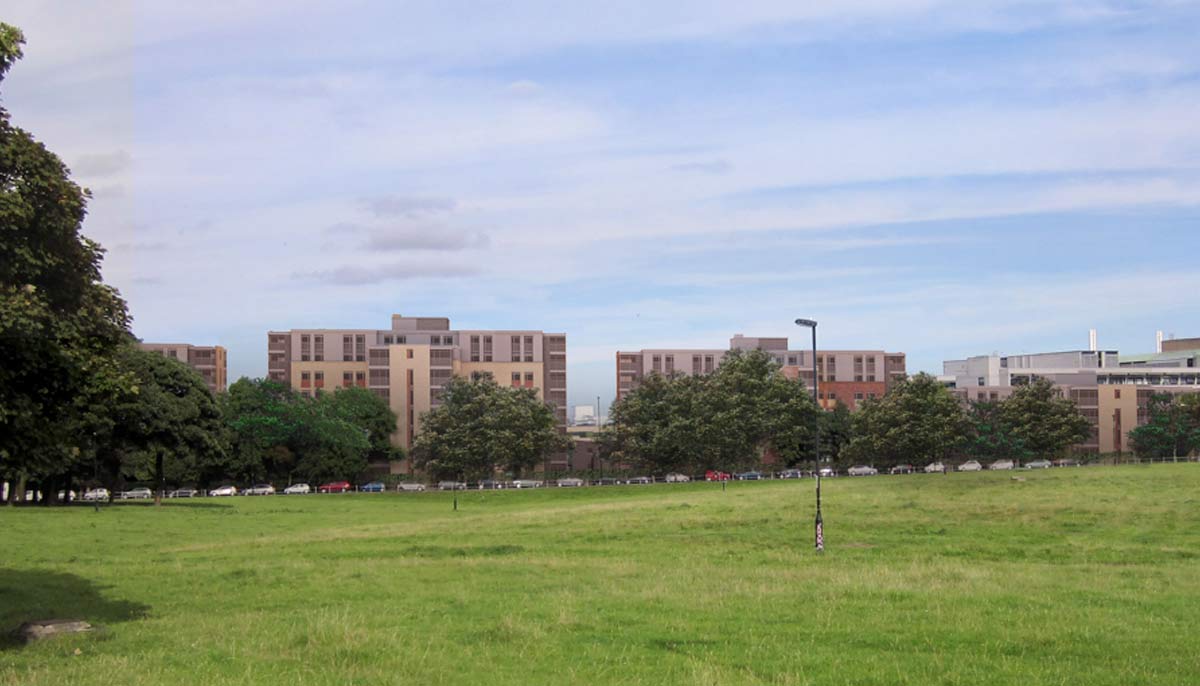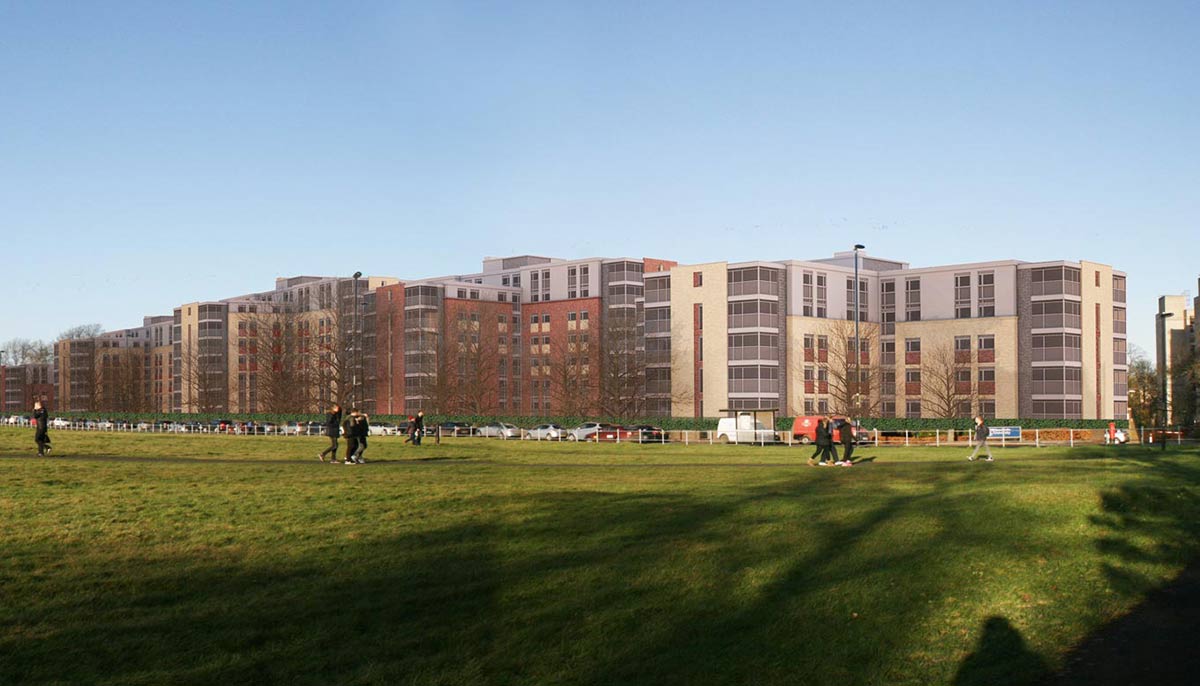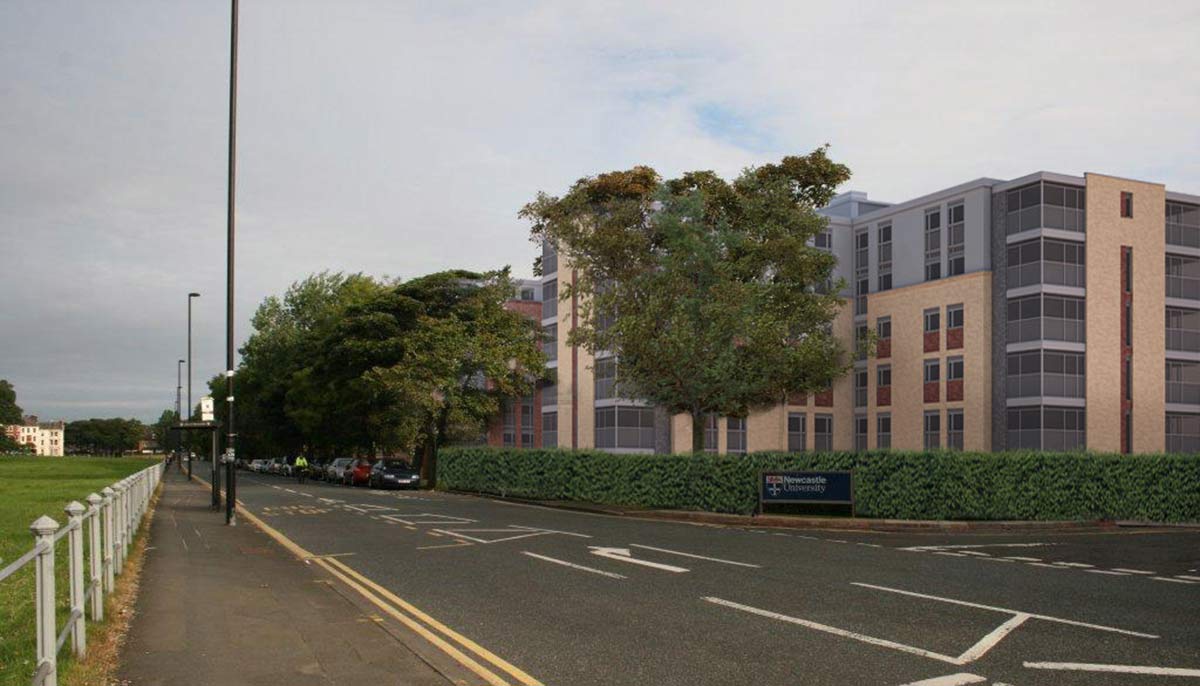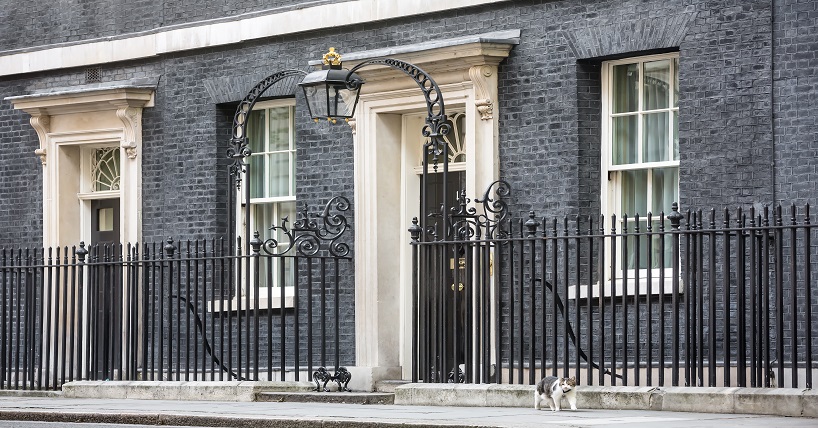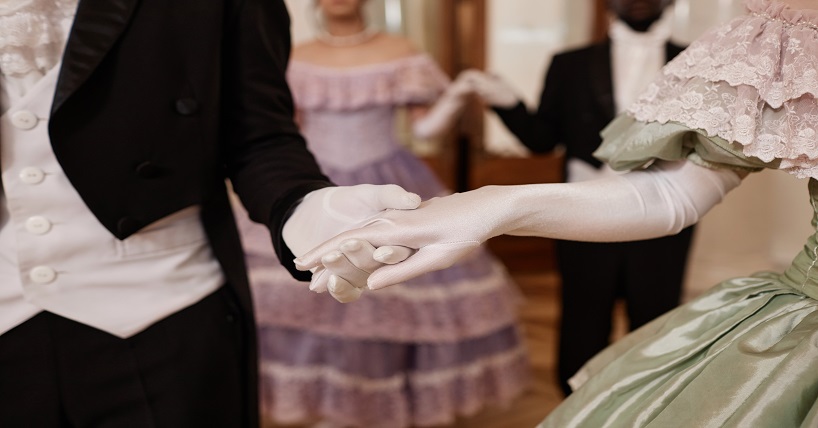Bat Barns
Bats move into new accommodation at Newcastle University
Published on: 7 October 2016
A colony of bats living at Newcastle University’s largest student accommodation are moving into new, purpose-built ‘houses’.
Two bat houses have been built on top of towers at Richardson Road, in the city centre, ahead of the start of building works for the £75 million Park View Student Village accommodation that will open in 2018.
The mammals’ houses have been designed to blend in with the landscaping and existing trees within the site. Solar panels have also been included to provide heating for areas of the roofs to encourage use as a maternity roost for the animals.
Earlier this year, prior to building works, an ecology survey was carried out at Richardson Road where it was found that the site was an active area for bats, primarily in terms of roosting, maternity roosting, commuting and foraging.
The maternity roosts host a colony of up to 200 pipistrelle bats, a significant number for the area. To mitigate any risk to the animals, the University has provided 20 bat boxes, 10 large multi chambered bat boxes on poles, nine bat boxes in crevices to the remaining accommodation at Marris House and two large bat barns.
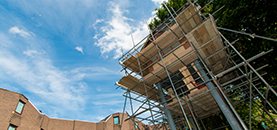
Pipistrelle bats
Paul Bandeen, Head of Residences at Newcastle University, said: “The steps taken to protect and encourage the bat colonies and roosts in this development are some of the most pioneering in the country.
“Bats are crucial to the wellbeing of our ecological system and I'm delighted that the new accommodation at Park View Student Village will greatly contribute to this.”
Pipistrelle bats are the most common, and smallest, of 17 British species. The animals leave their roosts after sunset.
Simone Mordue, a PhD student at Newcastle University’s Biological, Clinical and Environmental Systems, said: “It seems that a lot of mitigation went into the planning of the bat houses, which may help to replicate the conditions at Richardson Road.
“Bat species tend to be faithful to the same maternity roosts and return to them each year. They often roost in occupied buildings due to the increased temperature needed for rearing pups.
“One building may host multiple species of bats, or multiple roosts and within a single perceived roost there may be several smaller roosts of varying temperature and microclimate which individuals regularly move around depending on their physiological requirements.
“The solar panels at the bat houses will provide some warmth which will hopefully attract bats looking for new roosts.”
Helping students feel at home
With demolition work already underway, the new student accommodation will open in September 2018.
Park View Student Village replaces the existing 1970s buildings in Richardson Road with six new blocks providing almost 1,300 ensuite bedrooms for future students. Newcastle University appointed Galliford Try plc, a FTSE 250 company, as the principal contractor for the project.
As part of the redevelopment project, Newcastle University worked with charities to donate 6,500 out of the 10,000 items of furniture from the existing site.
There are over 5,000 bedrooms available across Newcastle University’s residence sites for undergraduate and postgraduate students. The University is a member of the UUK Code of Practice for the Management of Student Housing which ensures compliance with good management practice.

